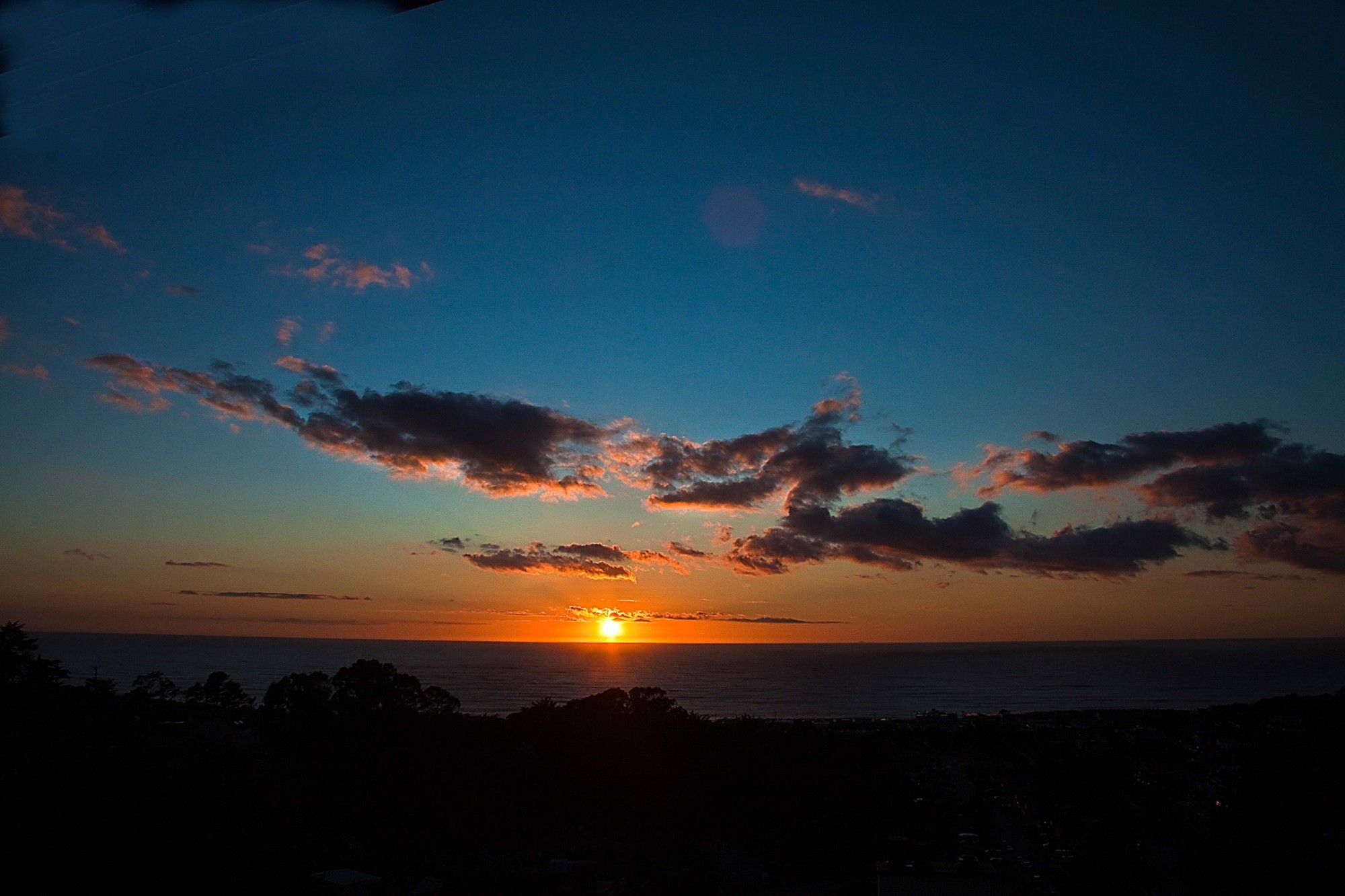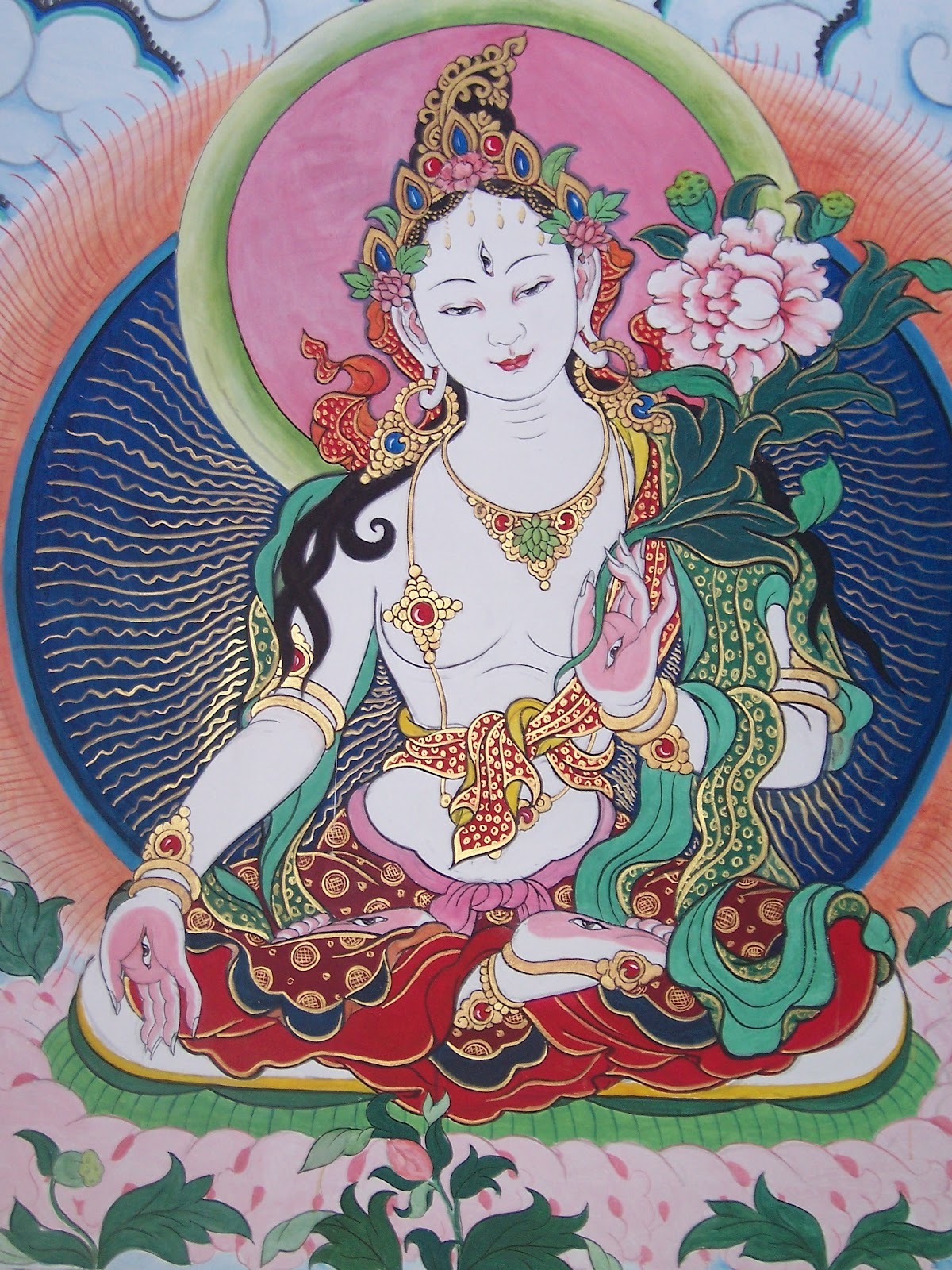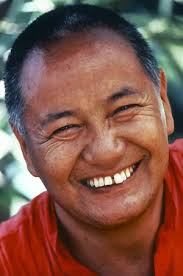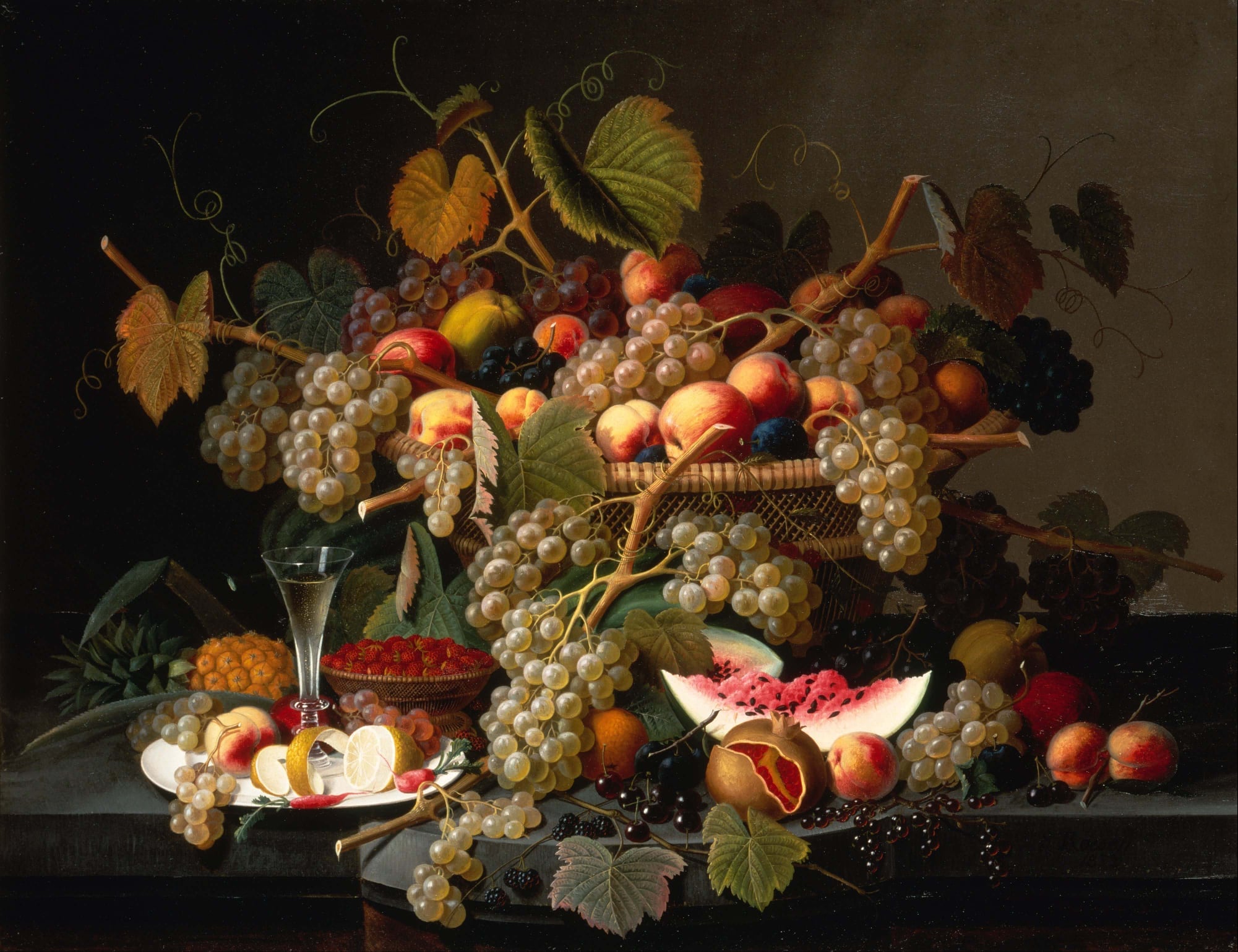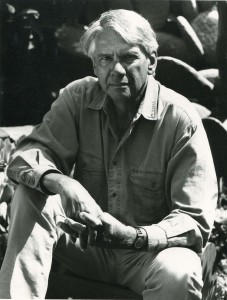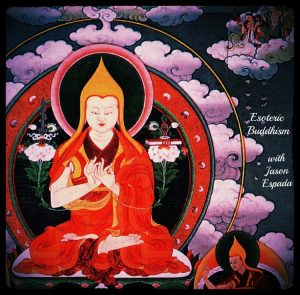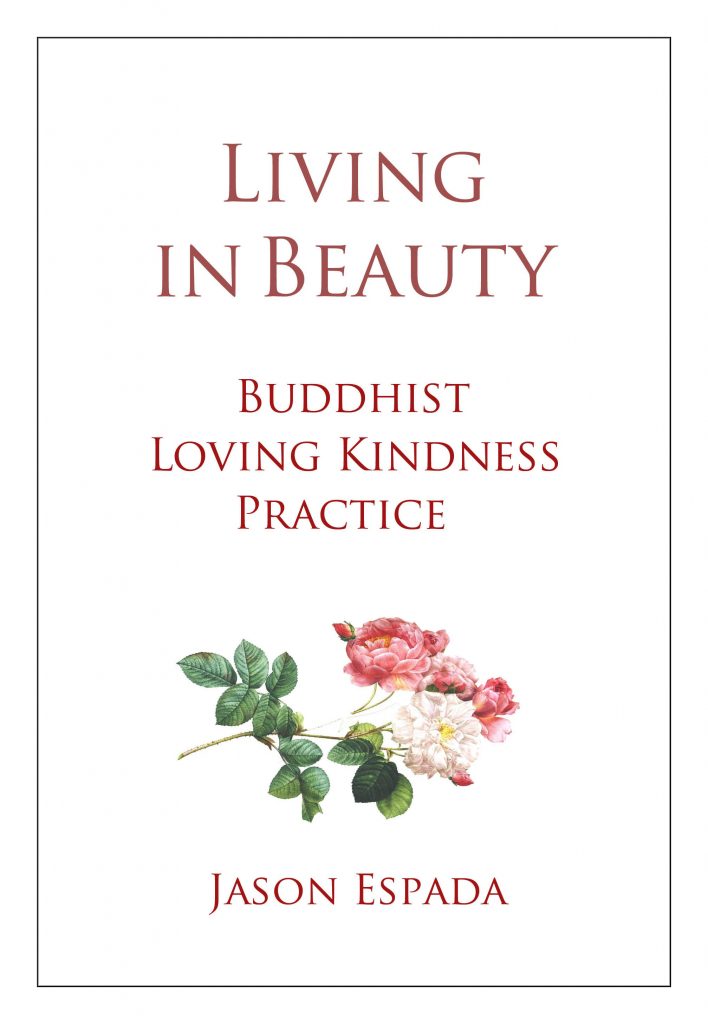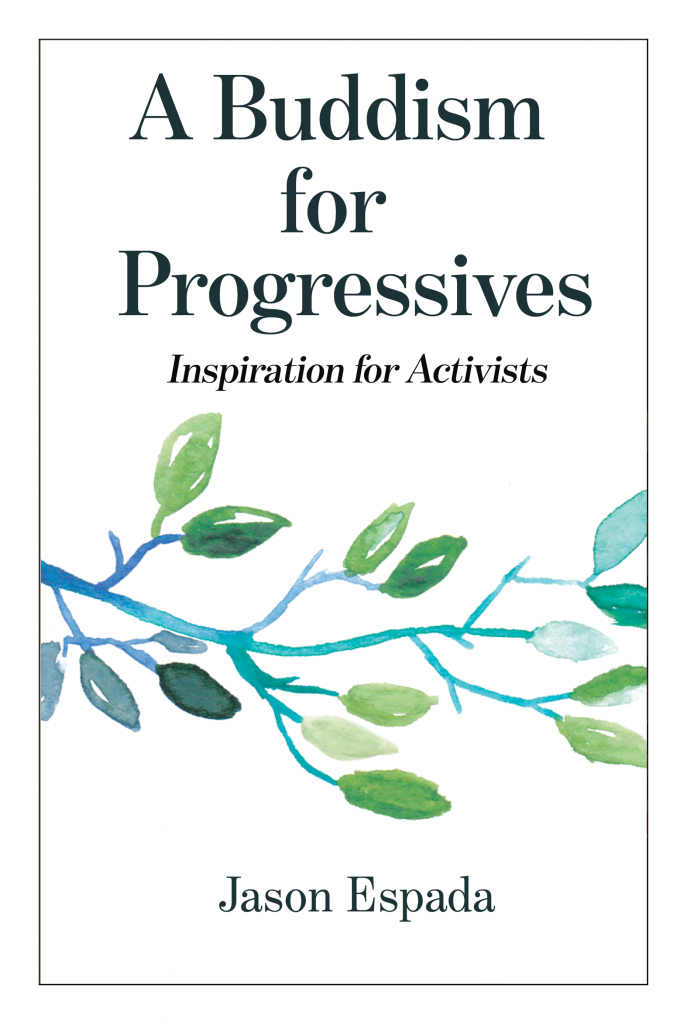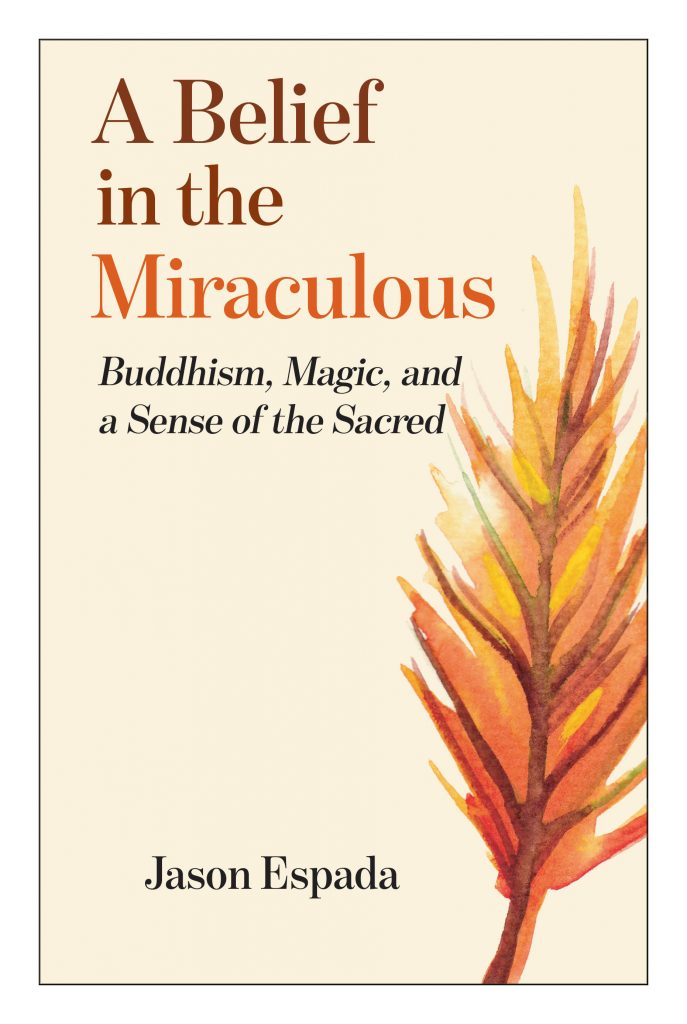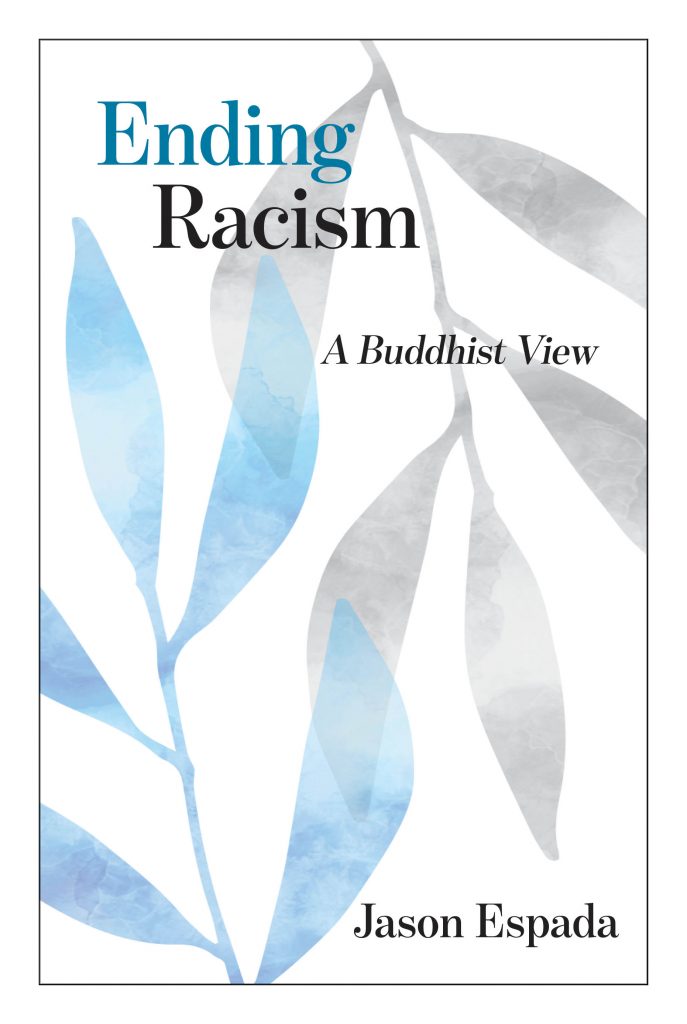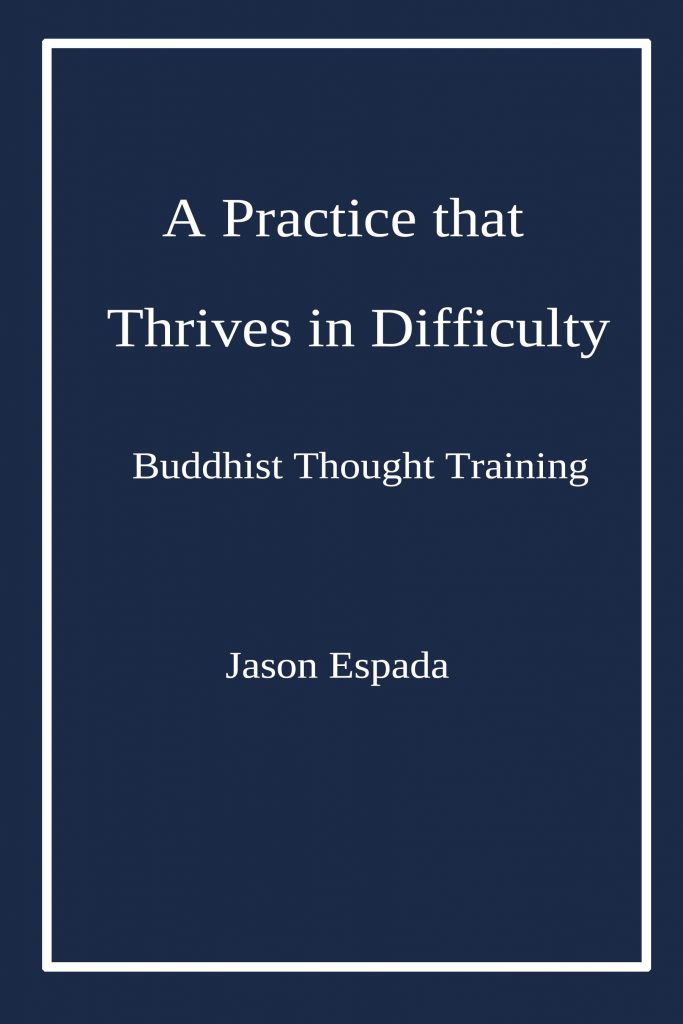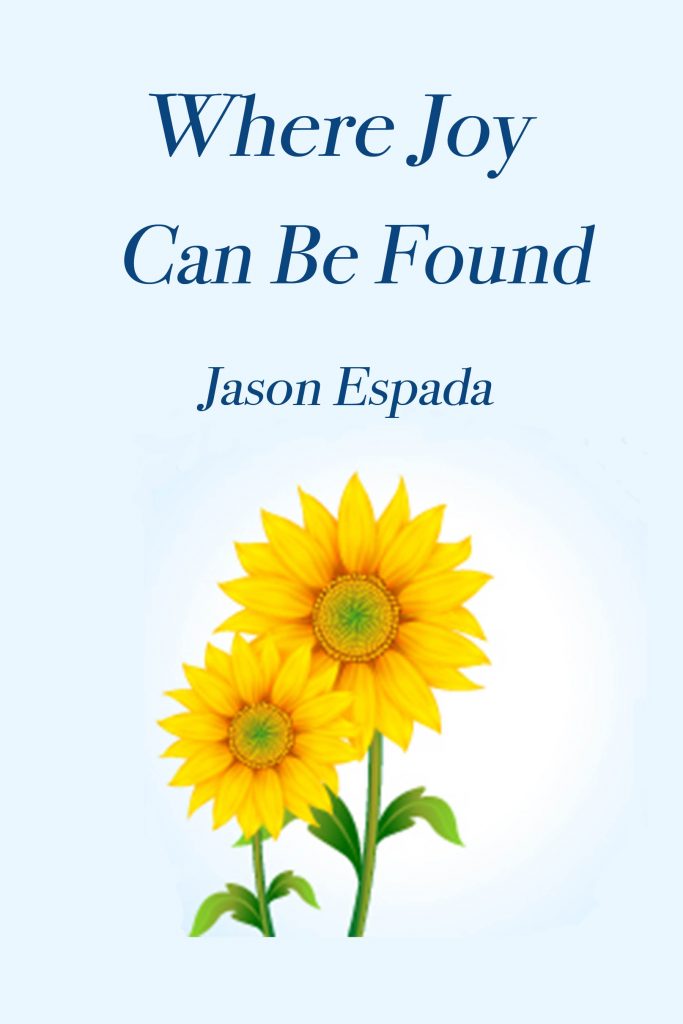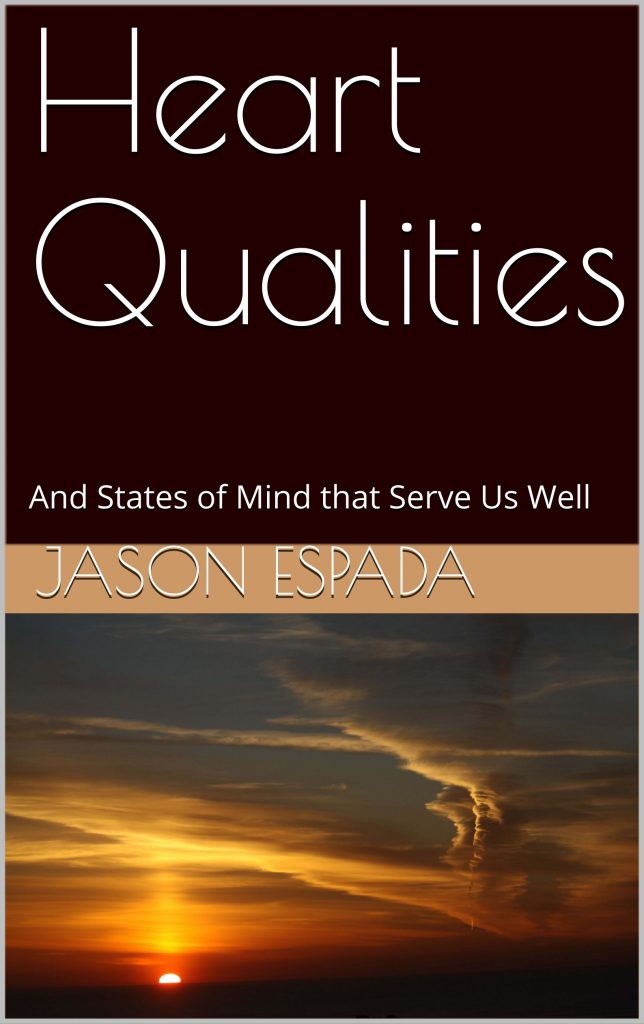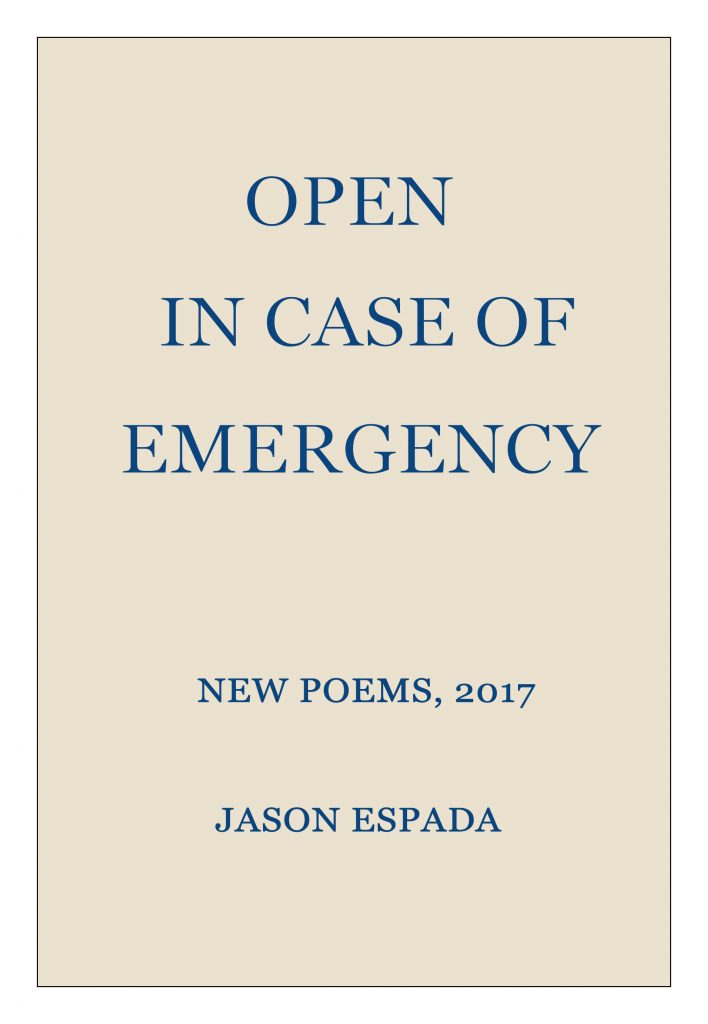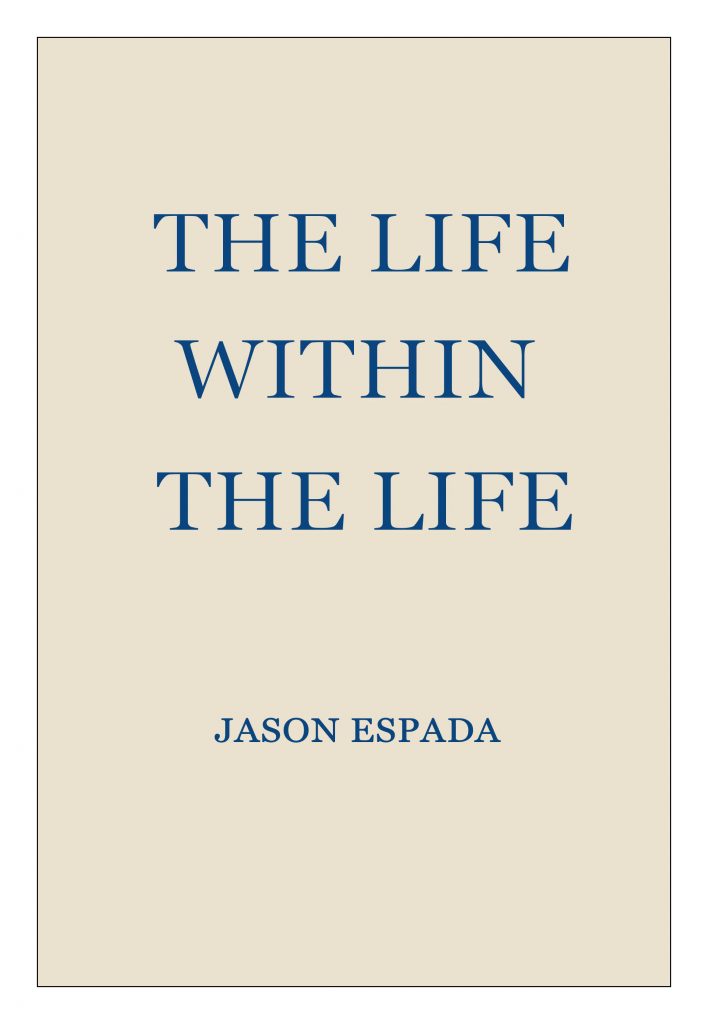Clicking on any of these will take you to their individual pages, with samples, and ordering information.
More below.
Then there is this.
Buddhist Poetry
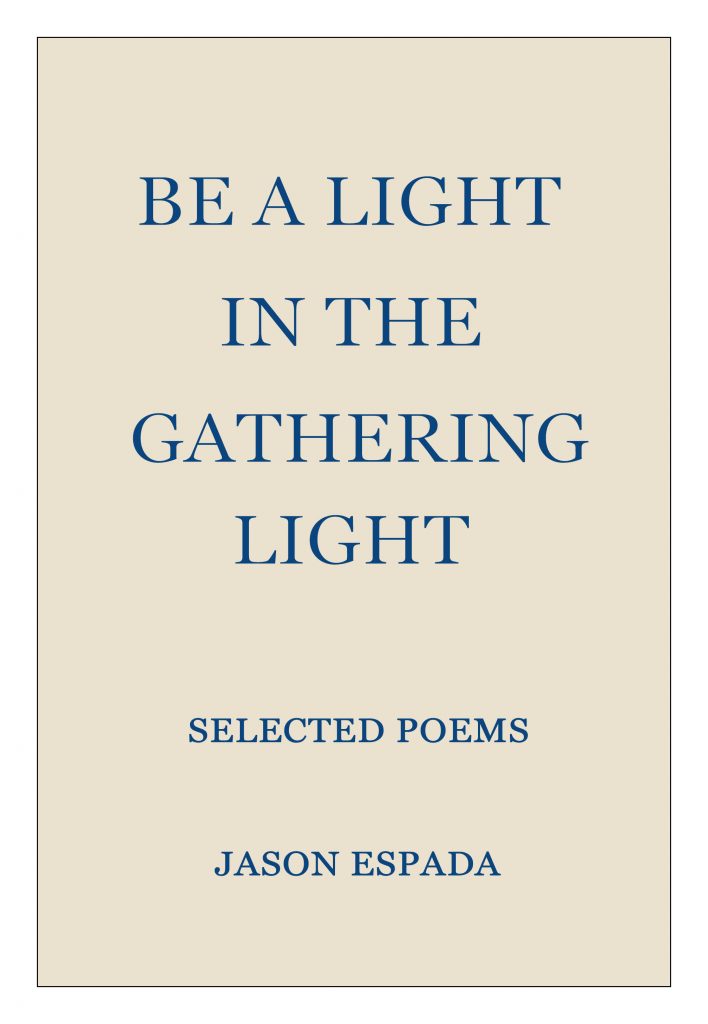
From four collections, 1985 to 2018.

2009-2015.
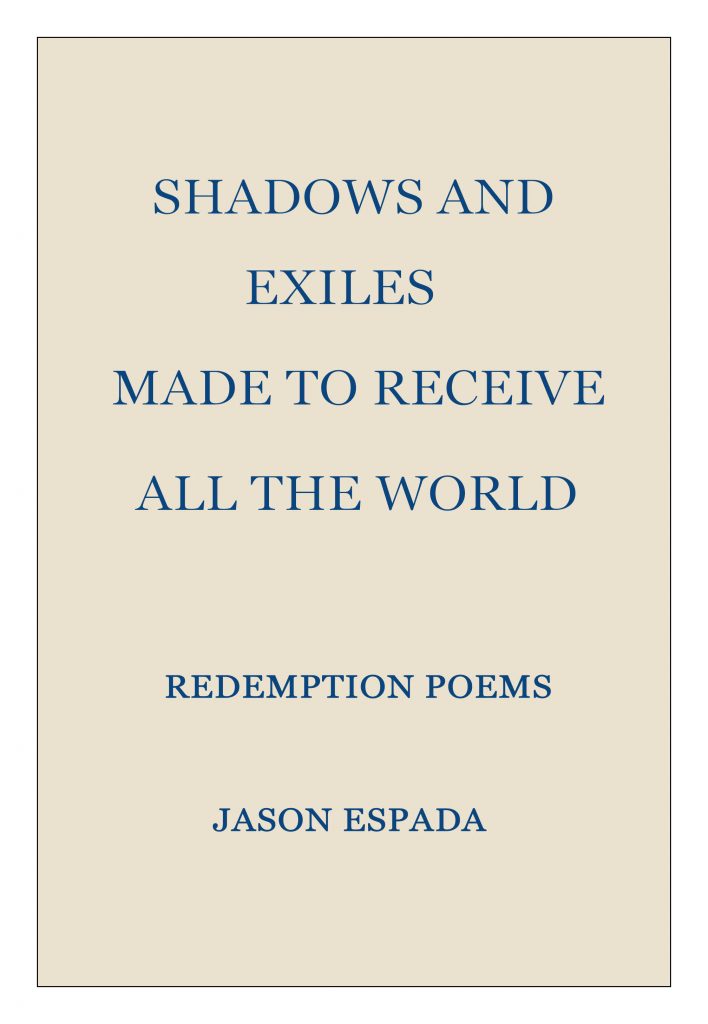
2006 to 2007.
And this, 1985 to 2005.

If resources are an issue, get in touch with me and I’ll make it not an issue.
…
Free ebooks, in .pdf format, updated 9/7/2025
A Resource for the Practice of Meditation – Third Edition (2023)
A Key to Buddhist Wisdom Teachings
A Concise Set of Buddhist Healing Prayers and Practices
The Wisdom of Impermanence – Twenty Eight Essays (updated 7/23/2025)
Ten Essays on Healing
As Editor:
An Anthology of Buddhist Prayer (2008)
Metta and Readings on the Mahayana (updated 10/17/2024)
Cultivating the Field of Joy – Buddhist Readings to Uplift the Heart
The Stages of the Path Teachings – A Selection of Texts
The Beautiful Path – Readings on Ethics, to Soothe and Brighten the Mind (updated 11/13/2023)
Essays on Purification, by Various Authors (updated 9/7/2025)
Vajrasattva Commentaries, by Various Authors (updated 9/7/2025)
Mahayana Prayers and Poetry.pdf; Audio (2012)
Teachings on Bodhicitta, in two volumes: One, and Two
Great Perfection Teachings (updated 4/3/2024)
Teachings on Mahamudra – Volume One
Teachings on Mahamudra – Volume Two
Readings on the Middle Way
Essays on the Middle Way
Paritta Recitation – Protective Readings from the Pali Canon, Audio, (2022)
with an introduction, The Blessings of Paritta.pdf; Audio (2021)
Reflections on Impermanence and Transcendent Renunciation
Aiming for Freedom – Readings on Transcendent Renunciation (2023)
Teachings on Meditation by Thich Nhat Hanh
On The Avatamsaka Sutra
Opening the Door to Pure Perception (2023)
On the Vajrayana
In Praise of the Vajrayana
A Collection of Prayers to Tara (updated 1/8/2025)
Chenrezig Commentaries (updated 7/22/2025)
A Collection of Buddhist Methods for Healing (279 pgs., 2020)
Dedication Prayers
Dedication Prayers from Various Teachers
Dedication Prayers – 6/16/2021
Prayers for the time of transition – 4/26/2020
Teachings on Humility from the Buddhist and Christian Traditions
The Discourses of the Buddha – from the Pali Canon
Audio – on youtube; and, on Bandcamp
Reflections on this precious human life
Essays on Buddhist Prayer (2023)
An Ocean of Prayers – Introduction and Contents (2023)
On Compassion – Essays and poetry, 2024
Guru Rinpoche – An Anthology, 2024
{essays, poetry and prayers, and teachings}
On The Introduction to Awareness – A timeless wisdom teaching from the Nyingma Tradition, with audio
On Devotion and Receiving Blessings, by various teachers
…
If you would like to support my work here, or at abuddhistlibrary.com,
contributions in any amount are appreciated.

